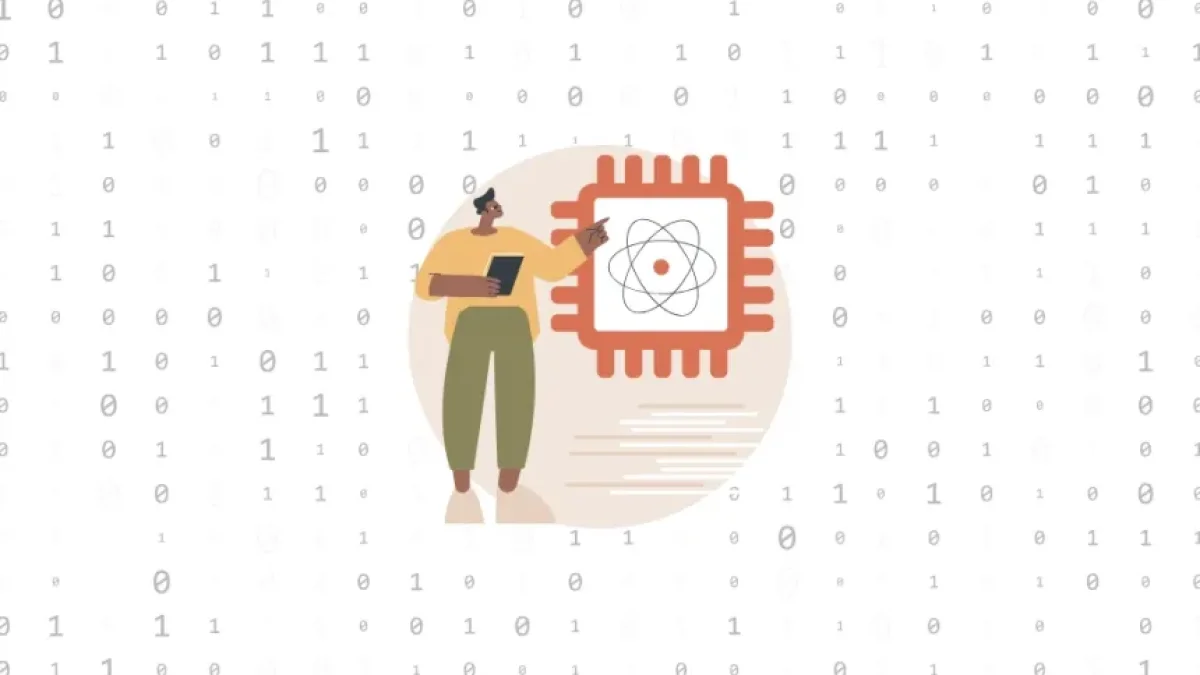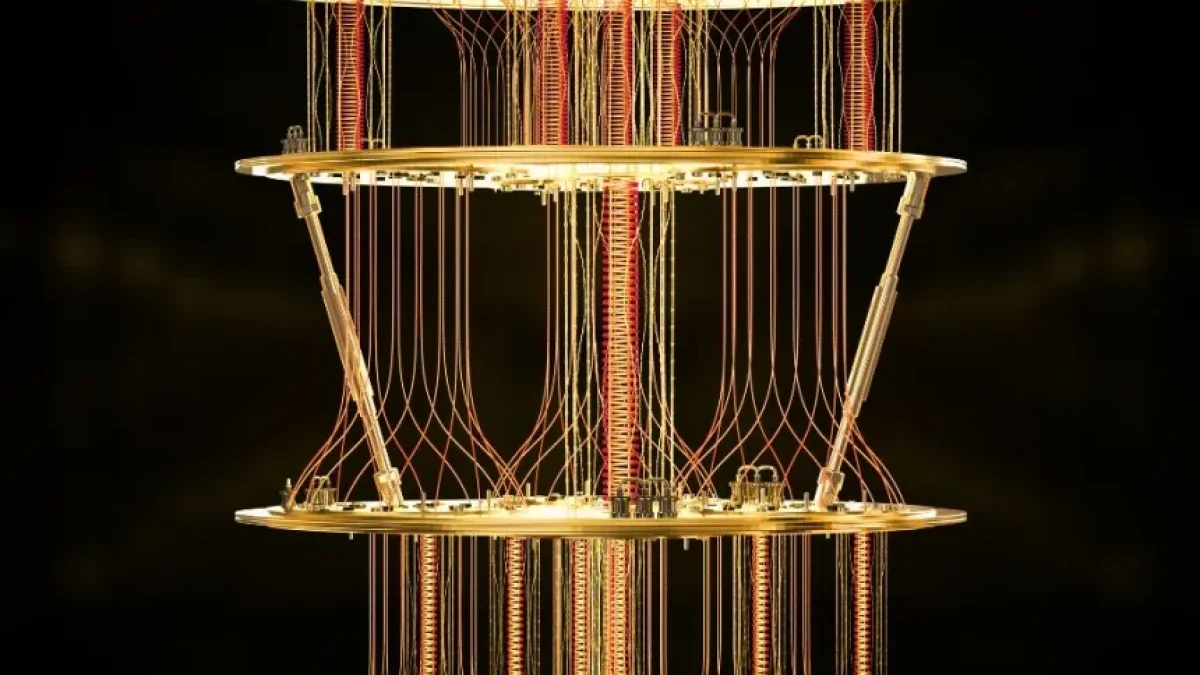Juan Ignacio Cirac and his impact on quantum physics


Juan Ignacio Cirac is a prominent Spanish theoretical physicist, known for his contributions to the field of quantum physics. Throughout his career, he has developed a series of theories that have revolutionized our understanding of quantum mechanics and its application in emerging technologies, such as quantum computing. In this article, we will explore his career and the implications of his work in the scientific world.
Academic Career
Born in Manresa, Spain, in 1965, Juan Ignacio Cirac began his academic training in physics at the University of Barcelona, where he graduated in 1986. He then continued his studies at the Max Planck Institute for Quantum Optics in Germany, where he obtained his PhD in 1991. His passion for research led him to undertake a postdoctoral fellowship at the University of Innsbruck, where he joined a community of scientists who would lay the foundations of modern quantum physics.
Contributions to Quantum Physics
Cirac is particularly renowned for his work in quantum information theory and quantum computing. Together with his colleague Peter Zoller, he developed theoretical models that explain how quantum systems can be used to store and process information more efficiently than classical systems. This work, published in the 1990s, has been fundamental in the development of quantum computing, a field that promises to transform the way we process data.
Read also
One of the key concepts that Cirac has helped develop is that of "quantum bits" or qubits, which are the basic unit of information in quantum computing. Unlike classical bits, which can be 0 or 1, qubits can exist in multiple states simultaneously due to a phenomenon known as superposition. This property allows for complex calculations to be performed at significantly higher speeds.
Recognition and Awards
Throughout his career, Juan Ignacio Cirac has received numerous awards and distinctions for his scientific work. He was awarded the prestigious Wolf Prize in Physics in 2017, a recognition granted to those who have made significant contributions to the field of science. Additionally, he has been elected as a member of the Spanish Academy of Sciences and the New York Academy of Sciences, among others.
Cirac has shared his knowledge globally, participating in conferences and seminars around the world. His work has not only impacted the scientific community but has also inspired a new generation of physicists to explore the fascinating world of quantum mechanics.
Read also
The Future of Quantum Physics
Juan Ignacio Cirac's legacy in quantum physics continues to evolve. With the increasing investment in quantum technologies by governments and private companies, his research is becoming ever more relevant. It is expected that in the coming years, his work will influence significant advances in areas such as quantum cryptography, matter simulation, and artificial intelligence.
Cirac's contribution to the field of quantum physics has been fundamental not only for theory but has also opened doors to practical applications that could dramatically change the way we interact with technology.
If you are passionate about the latest news from the world of science and technology, I invite you to read more articles of this kind on my blog, where you will find enriching and up-to-date information.



















